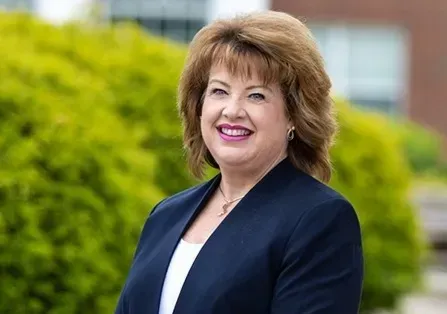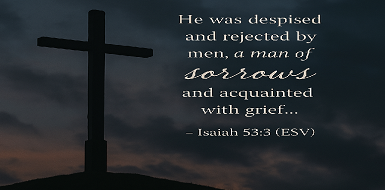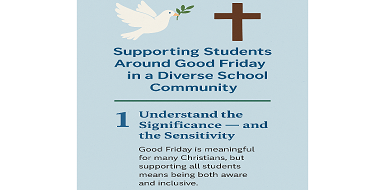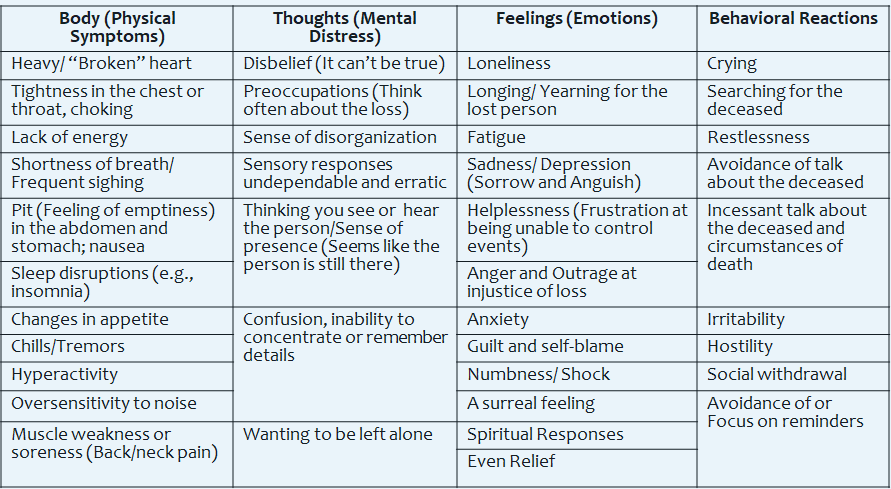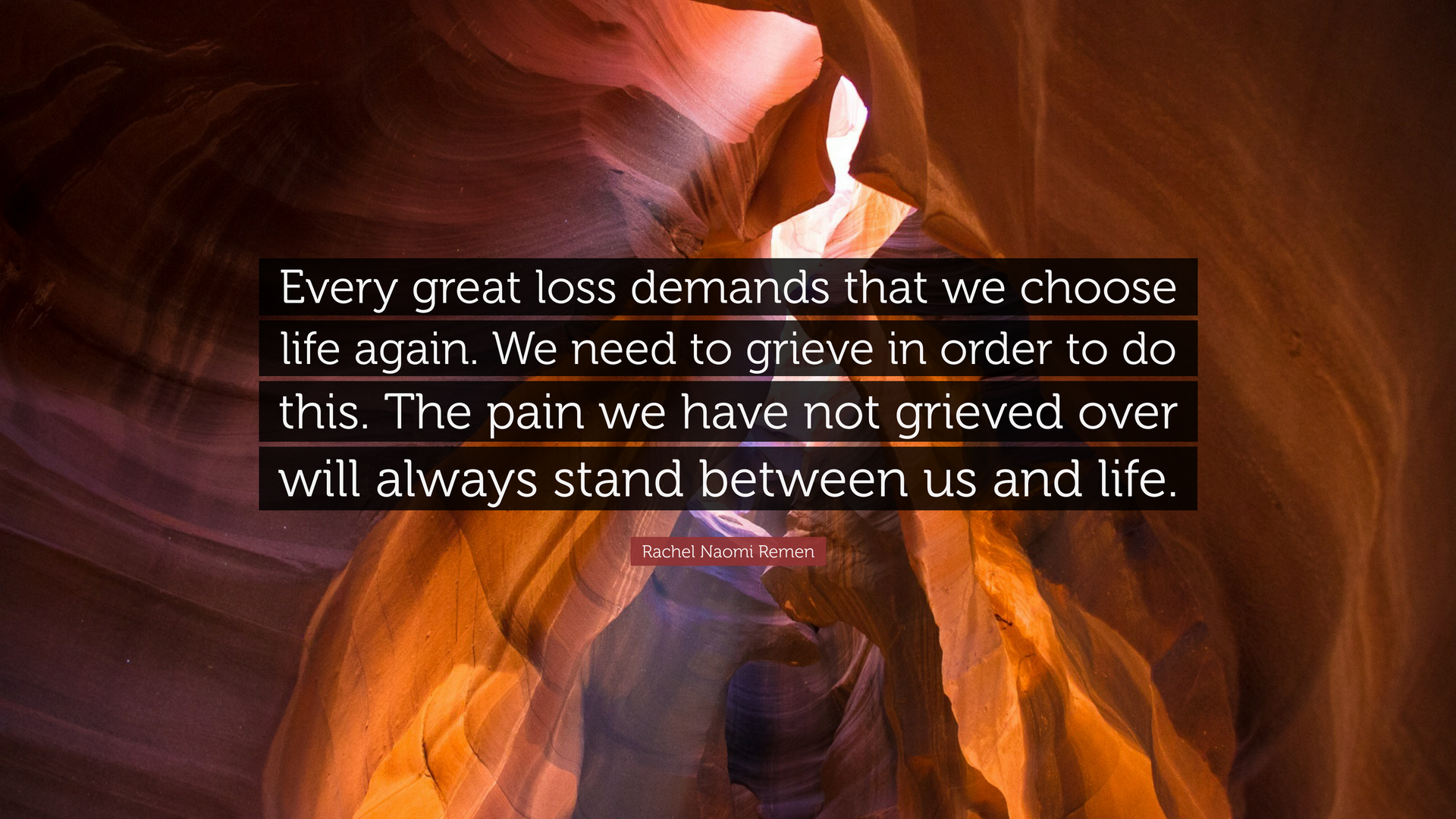Grief and Restoration
Lessons from John 21

Grief is a complex journey that often leaves us questioning our purpose and identity. It is a deeply personal experience, but it also connects us to a universal reality: we grieve because we love. In the wake of loss, we may struggle to make sense of our emotions, our place in the world, and even our relationship with God.
John 21 provides a profound example of how Jesus meets us in our grief — not to rush us past it, but to restore, guide, and renew us. In this chapter, we see the disciples grappling with grief for Jesus—their teacher, leader, and friend. They are mourning not only His death but the loss of their daily connection to Him, the one who had guided them, calmed their fears, and shown them their purpose.
This experience resonates deeply with those who have lost a spouse. Like the disciples, a widow or widower finds themselves grieving the very person they would turn to for comfort and strength. How do you navigate grief when the one you leaned on most is the one you’ve lost? John 21 offers profound parallels and hope for this tender journey.
The Grief of the Disciples: Losing Their Anchor
In John 21, the disciples are grappling with the loss of Jesus. Though they’ve witnessed His resurrection, their grief is still palpable. For them, losing Jesus was more than losing a beloved teacher. He had been their anchor, their guiding light. His presence gave their lives clarity and direction. Now, has shifted, and their future feels uncertain. They were not just grieving His absence; they were grieving the loss of their identity and the security they found in Him.
Even after His resurrection, their relationship with Jesus had changed. The familiarity of His presence and the intimacy of daily life with Him — walking, talking, breaking bread — was no longer the same. In response, Peter, their leader, declares, “I’m going out to fish.” It’s an attempt to find solace in the familiar, to escape the heavy emotions that come with loss even when it feels hollow and unfulfilling.
This is a common response to grief. We seek refuge in routine, in activities that feel manageable, even when our hearts are heavy. But as the disciples fish through the night, they catch nothing. It’s a reminder that, in our grief, our efforts to return to “normal” often leave us feeling empty.
The Grief of a Widow or Widower: A Parallel Loss
The loss of a spouse mirrors this experience in many ways. A spouse is often a confidant, a source of strength, and the person who knows us most intimately. When they are gone, the grief is layered — not just mourning their physical absence but also the loss of shared routines, unspoken understanding, and the profound sense of being seen and loved.
For the widow or widower, the question becomes: How do I navigate this grief without the very person who would have helped me through it? It’s a heart-wrenching paradox, one that feels impossible to resolve.
Yet, Jesus Meets Us in Our Grief
At dawn, Jesus appears on the shore, though the disciples don’t immediately recognize Him. With a simple question, “Friends, haven’t you any fish?” He invites them to acknowledge their lack, their emptiness. Then, He instructs them to cast their net on the other side of the boat, and their nets are filled to overflowing.
This moment is not just about the abundance of fish—it’s about Jesus meeting the disciples in their grief and showing them that He is still providing, still guiding. In our grief, we often feel alone, but John 21 reminds us that Jesus is always near, ready to meet us where we are.
Jesus’ Response to Grief: A Model of Gentle Restoration
In John 21, Jesus doesn’t leave the disciples in their grief. Jesus shows us how to address grief with grace and love. He meets the disciples in their loss, not with rebuke but with an invitation: “Come and have breakfast” (John 21:12). It’s a simple yet profound gesture. He doesn’t demand they move past their pain; instead, He nurtures them, meeting their physical and emotional needs.
An example of this is provided in the very heart of John 21, the conversation between Jesus and Peter. Three times, Jesus asks Peter, “Do you love me?” These questions echo Peter’s three denials, creating a moment of both acknowledgment and restoration. Peter’s grief over his failure is layered with the loss of Jesus as he knew Him. Yet, Jesus doesn’t remove Peter’s grief or regret. Instead, He transforms it. Through this exchange, Peter’s shame is replaced with a new purpose rooted in love: “Feed my sheep.”
Grief often brings feelings of regret, what-ifs, and self-doubt. But like Peter, we are invited to bring these feelings to Jesus, who doesn’t condemn but restores. He gently calls us back into the purpose for which we were created.
For a grieving spouse, this scene can be a powerful reminder that even in the absence of their loved one, Jesus remains present. He meets us in our grief, providing sustenance — whether through friends, family, or quiet moments of prayer — and gently reminds us of our purpose. It can also be a tender encouragement. Grief is not something to “get over”; it is something to integrate into our lives. Over time, and with grace, it can become a wellspring of purpose. The love shared with a spouse doesn’t end with their passing — it continues in the ways we honor their memory and embrace the life God still has for us.
Grief as a Testament to Love
The thread that binds all loss experiences is love. We grieve deeply because we have loved deeply. And just as Jesus restored and guided His grieving disciples, He offers that same restoration to those who mourn today.
For the new widow or widower, this journey is not one to walk alone. Jesus stands on the shore of your grief, ready to guide you toward healing and renewal. While your spouse is no longer physically present to help you through this loss, their love remains, woven into your heart. And in Jesus, you have an anchor — one who knows your pain intimately and offers you the strength to carry forward. I know I couldn't have made it through these last four years without Him.
Lessons for Our Grieving Hearts
- Grief Leads to Acknowledgment
Jesus first invites the disciples to acknowledge their emptiness. Grieving is not about denying our pain but about being honest with ourselves and with God about what we’ve lost and how it affects us. - Jesus Meets Us in the Familiar
When the disciples returned to fishing, Jesus met them there. In our grief, Jesus often speaks to us through the ordinary—through a sunset, a comforting word, or a quiet moment in prayer. - Restoration Requires Participation
Just as Peter had to answer Jesus’ questions, we too must engage with God in our grief. Restoration is not passive; it’s an active process of bringing our pain to God and allowing Him to work through it. - Grief Can Lead to Purpose
Jesus’ repeated command to Peter—“Feed my sheep”—shows us that grief does not have to paralyze us. It can be the catalyst for new purpose, for a deeper understanding of God’s plan in our lives.
Grief as a Journey of Renewal
Grief is not the end of the story. In John 21, Jesus transforms the disciples’ grief into renewed purpose and a deeper understanding of His presence. This is the promise we have in Christ: that our grief, while painful, is never wasted. God uses it to shape us, restore us, and remind us that He is always with us.
As we navigate our own seasons of loss, may we take comfort in the words of Jesus: “Come and have breakfast” (John 21:12). It’s an invitation to sit with Him, to bring our grief to Him, and to trust that He will sustain us, guide us, and lead us into the next chapter of His plan.
Moving Forward with Grace
Grief is not about forgetting but about finding a way to carry the love forward. Like the disciples, you may feel lost, unsure of your next step. But take heart: Jesus is with you, inviting you to sit with Him, to be nourished, and to find new purpose.
And just as Peter’s love for Jesus became the foundation of his new calling, your love for your spouse can become a source of strength — a reminder that the bond you shared was a gift that will continue to shape and guide you.
Grief is not the end of the story. It is a chapter in the larger narrative of love, restoration, and purpose that God is writing in your life.
I am a school counselor turned counselor educator, professor, and author helping educators and parents to build social, emotional, and academic growth in ALL kids! The school counseling blog delivers both advocacy as well as strategies to help you deliver your best school counseling program.
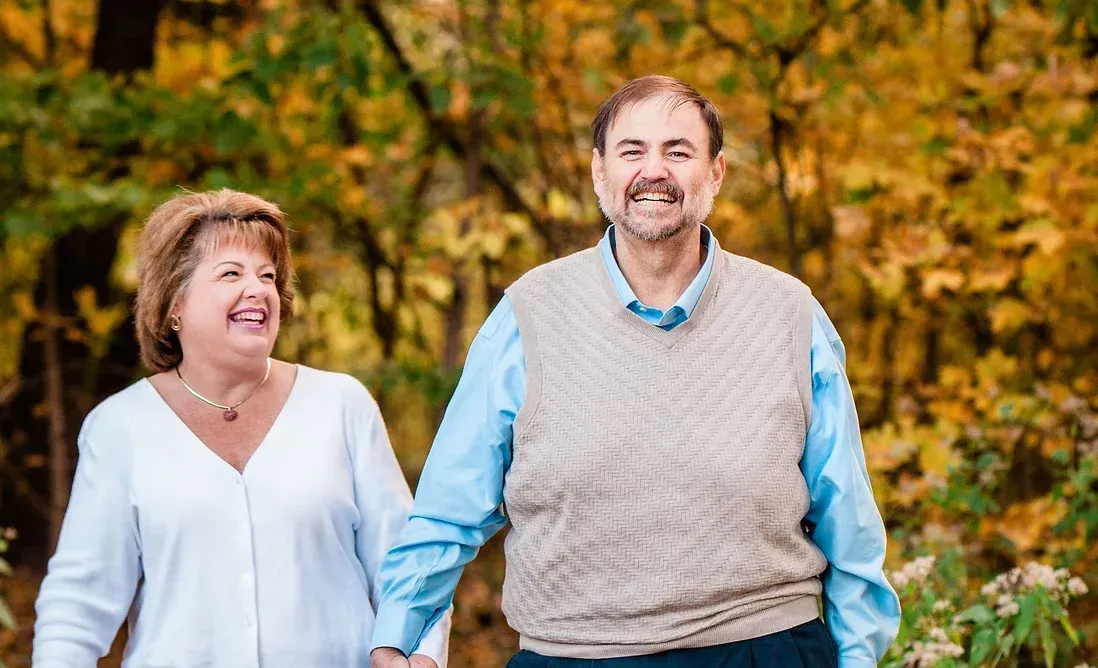
I'm a mother, grandmother, professor, author, and wife (I'll always be his). Until October 20, 2020, I lived with my husband, Robert (Bob) Rose, in Louisville, Ky. On that awful day of October 20,2020, my life profoundly changed, when this amazing man went on to Heaven. After Bob moved to Heaven, I embraced my love of writing as an outlet for grief. Hence, the Grief Blog is my attempt to share what I learned as a Counselor in education with what I am learning through this experience of walking this earth without him. My mission is to help those in grief move forward to see joy beyond this most painful time.
